Sherlock Holmes (1932) Online
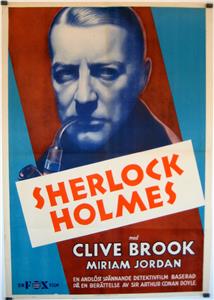
Moriarty is sentenced to death, and Sherlock Holmes prepares to retire to the country and marry his girl (sic). But Moriarty has sworn that Holmes, Lt-Col Gore-King of Scotland Yard, and his trial judge shall all be hanged too. When Moriarty escapes and proceeds to put his threat into operation, Holmes has to postpone his retirement.
| Complete credited cast: | |||
| Clive Brook | - | Sherlock Holmes | |
| Miriam Jordan | - | Alice Faulkner | |
| Ernest Torrence | - | Professor James Moriarty | |
| Herbert Mundin | - | George | |
| Reginald Owen | - | Dr. Watson | |
| Howard Leeds | - | Little Billy | |
| Alan Mowbray | - | Colonel Gore-King | |
| C. Montague Shaw | - | Judge | |
| Frank Atkinson | - | Man in Pub | |
| Ivan F. Simpson | - | Faulkner | |
| Stanley Fields | - | Tony Ardetti |
The audio disks from this movie are not known to survive, but since the film was recorded on Movietone, sound on film, this is not a problem.
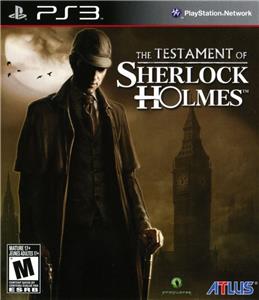

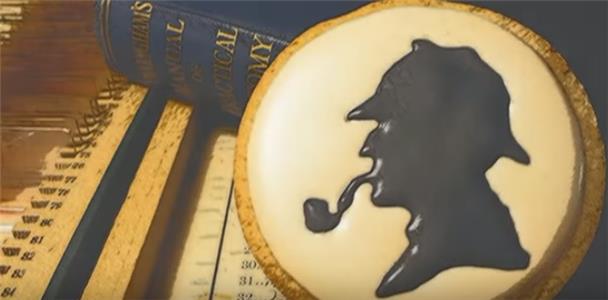
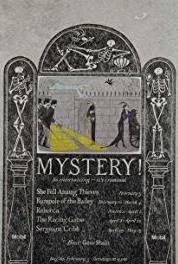
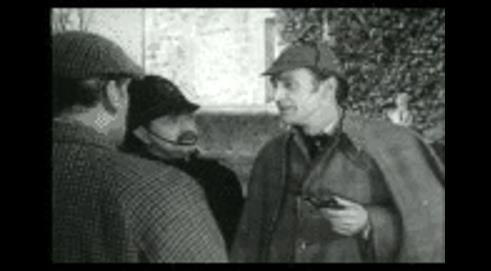
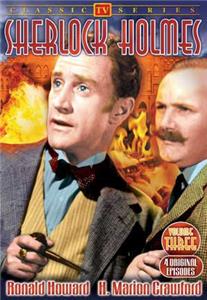
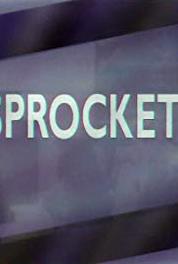
User reviews